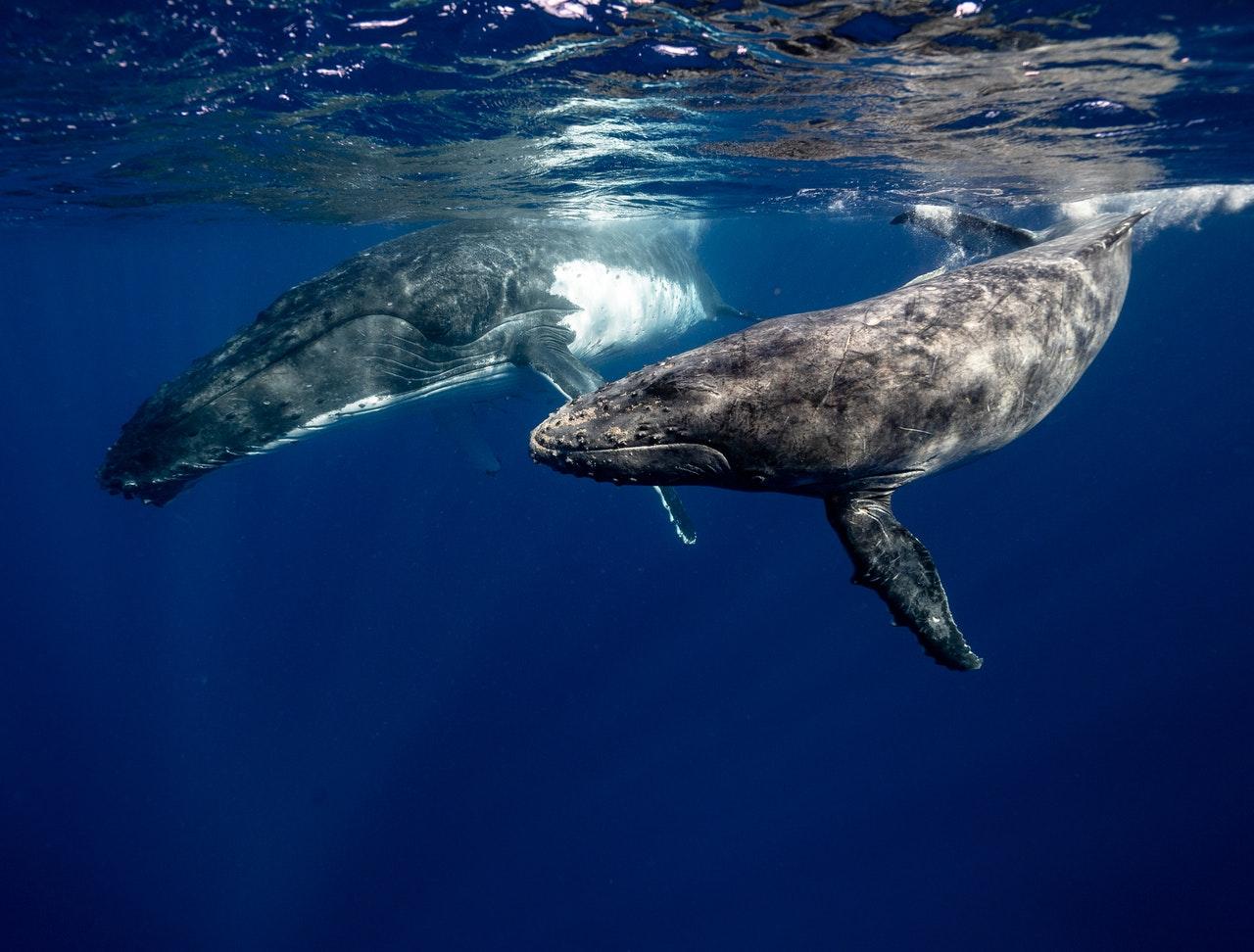Lost humpback whales swim up crocodile-infested river
Australian authorities are trying to guide a humpback whale out of a crocodile-infested river in the Northern Territory after it got lost and ended up 30km from the sea. Experts believe the whale and its mates were on an annual sea migration when some of them “took a wrong turn”. Two of the disorientated whales […]
Australian authorities are trying to guide a humpback whale out of a crocodile-infested river in the Northern Territory after it got lost and ended up 30km from the sea.
Experts believe the whale and its mates were on an annual sea migration when some of them “took a wrong turn”.
Two of the disorientated whales were able to turn around and swim back out of the river, but at least one remains.
It’s the first recorded instance of whales being found in a crocodile river so far inland.
At an estimated 16m in length, the humpback is considered unlikely to be alarmed by any crocodiles it may run into.
But the croc risk could escalate if the whale becomes stuck in the shallow waters, officials said on Monday.
The whales were first spotted last week in the East Alligator River in Kakadu National Park by people boating.
The sight of the animals swimming around the muddy bends of the river, so far from open water continues to amaze locals.
“It’s something that’s never been recorded before, not just in the Northern Territory but anywhere in Australia. It’s really, really unusual,” said Carole Palmer, a marine ecosystems scientist for the Northern Territory government.
“It’s hard to make out if more than one whale needs assistance because of the river’s murky brown water.”
Palmer told the Australian Broadcasting Corporation that experts weren’t sure “why these whales took a wrong turn” off the country’s north coast.
Whales migrate north to the warmer waters off Australia during the antipodean spring to give birth, before heading back down to Antarctica to feed.
It is thought they may have been on their way south to Antarctica but somehow mistakenly entered the estuary which took them further upstream into the confusing river system.
Although the river teems with deadly saltwater crocodiles, experts do not anticipate a violent confrontation.
But if the last whale becomes trapped in the shallow bends and washes up on a bank “it’ll be an easy feed for the crocs”, Palmer said.
“There’s no way we can lift a 12 to 16 metre humpback whale off the sandbar and that’s potentially when the crocs would kick in.”
To clear a path to the ocean for the whale, boats have been banned along part of the river.
It had been hoped the whale would leave of its own accord, but the huge creature has remained around the deepest section of the river, about 20km from the safety of the sea.
Palmer said officials were considering several options to tempt it back out to open waters, such as playing it recordings of humpback whale mating calls.
Subscribe to our newsletter
To be updated with all the latest news and analyses daily.
